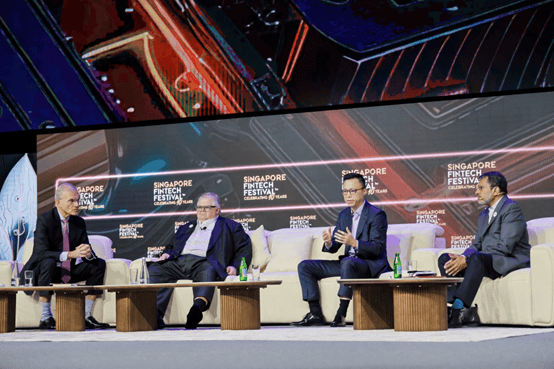
Professionals are not striving to create a balanced work-life, instead they are addicted to busyness, finds new research by emlyon business school.
Specifically, they seek to re-create a particular kind of busyness – we call “optimal busyness” – that energizes them but often also leads them to overwork and burn out.
The study, conducted by Joonas Rokka Professor and Director of the Lifestyle Research Center at emlyon business school, and Ioana Lupu Associate Professor at ESSEC Business School, examined what explains the reproduction of excessive busyness in professional settings.
In a large-scale study on the temporal experiences of consultants, the researchers interviewed and followed 81 professionals in leading global auditing firm and a law firm based in London.
Excessive time demands are commonplace for professionals, meaning that they constantly have too little time to do all of their work. In order to cope with this, the studied professionals had a tendency towards constructing an “optimal busyness” that they enjoyed and that helped them to cope with often impossible time demands.
‘Optimal busyness’ is an attractive temporal experience that professionals want to prolong/reproduce because it gives them an adrenaline rush and is when they feel most productive and energised – it can be achieved through manipulating pace, focus, and length of time they work.
The researchers claim, immersing in this flow-like state also functioned as an “illusion” that kept the professionals going and believing they can stay “in control” of their time, often obsessively so.
Yet, it was also found the optimal busyness was easily disturbed, leading to anxiety, depression, and sense of meaninglessness.
“In many organisations, leaders often place a huge focus on the now – proven by the short deadlines imposed on their employees. This creates a sense of unpredictability, which leaves the professionals with a constant feeling of urgency and lack of control. To take back control, we found that individuals would chase this illusion of ‘optimal busyness’, but this is an experience that does last long, and routinely results in them overworking,” says Professor Rokka.
For this reason, the research stresses that many individuals studied did not manage, nor seek to have a good work-life balance, as they would often sacrifice their health and families to chase that ‘optimal busyness’, in order to keep up with the demand that is placed upon them.
“We find that professionals do not have much time to reflect about their time use. Actually, most of the people we interviewed had never sat down and thought about how they spent or experienced their time – so the majority didn’t realise the compulsive effect that busyness had on them. So, we advise the first step would be to keep a diary for those experiencing excessive busyness, in order to increase reflectivity and keep track on how they are consuming their energy and time. Moreover, our research speaks to the temporal effects of controls that the organizations have on professionals’ time which has been overlooked but could be designed more from the point of view of those individuals and their overall well-being,” says Professor Rokka.
Full citation:
Lupu, Ioana & Rokka, Joonas (2021) ‘Feeling in Control’: Optimal Busyness and the Temporality of Organizational Controls, Organization Science, in press.


